Month: May 2022
-
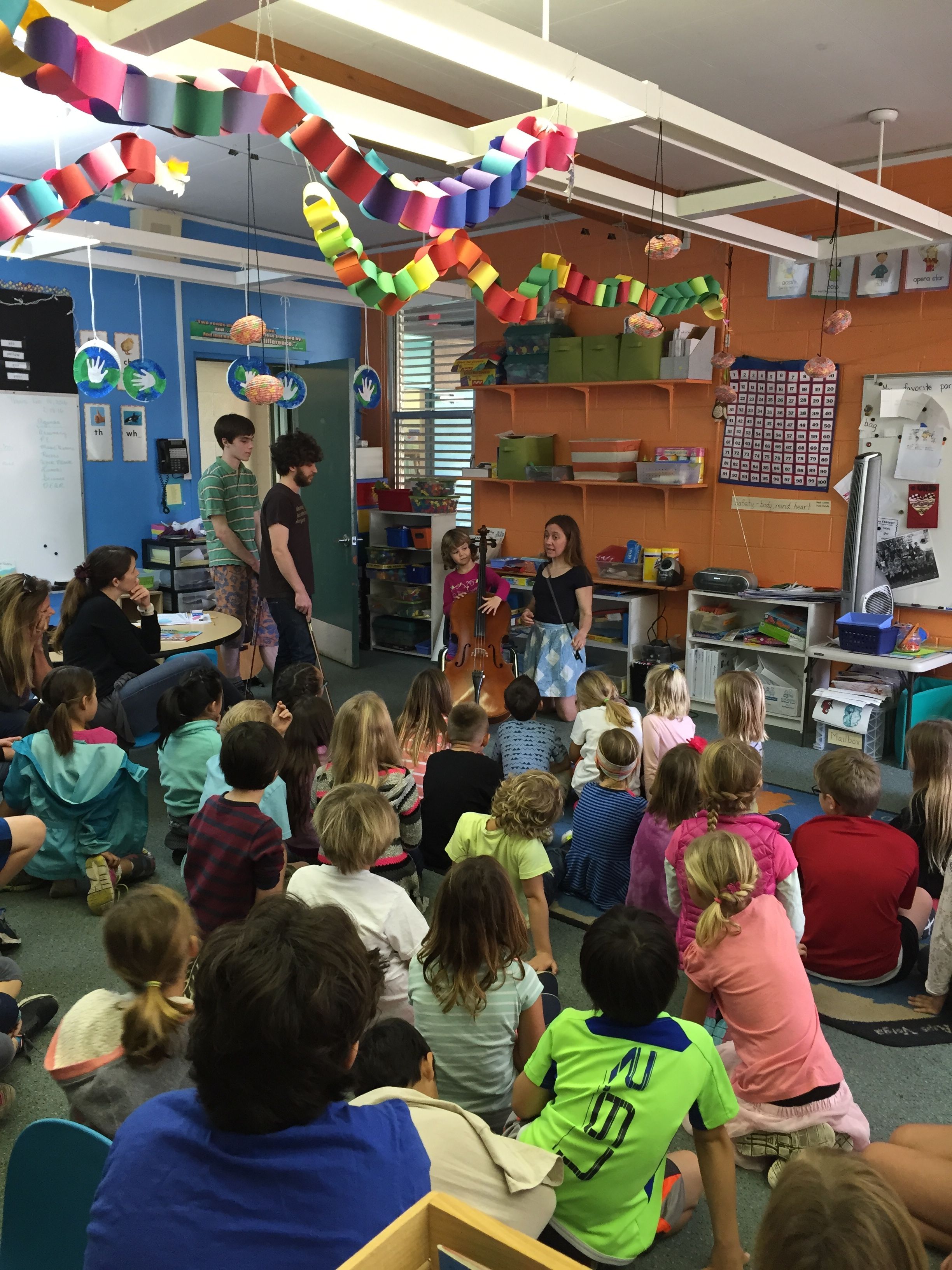
today there was a shooting at a school
[UPDATE 28MAY2022: 1. I took the picture above. My daughter Tara is holding the cello while friend/mentor/professional cellist Laura Ritchie makes music real for Tara’s classmates. It was a beautiful moment. Now we all have to live with the possibility that a moment just like this can be destroyed in a sudden hail of gunfire.…
-
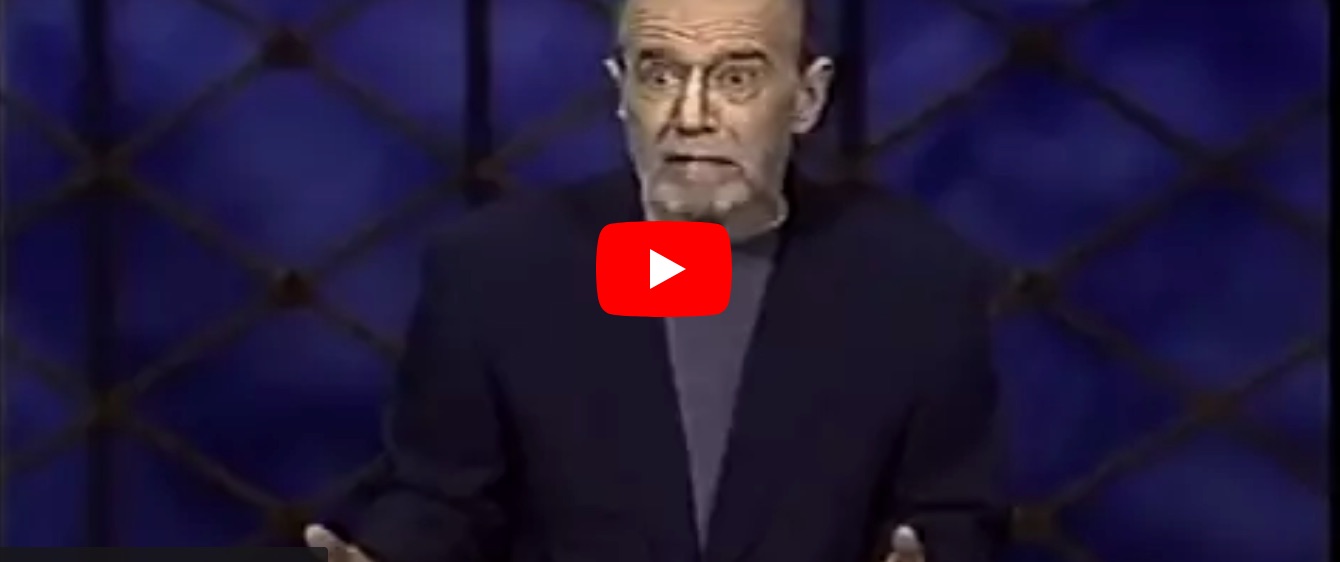
Learning language from an expert
It’s important to learn from the experts. My fourth grade teacher once gave us an essay assignment. His ended his instructions by telling us to write, “in your own words.” His phrasing threw me off. I remember thinking something along the lines of, Yeah, right. How about you select words that more precisely convey what…
-
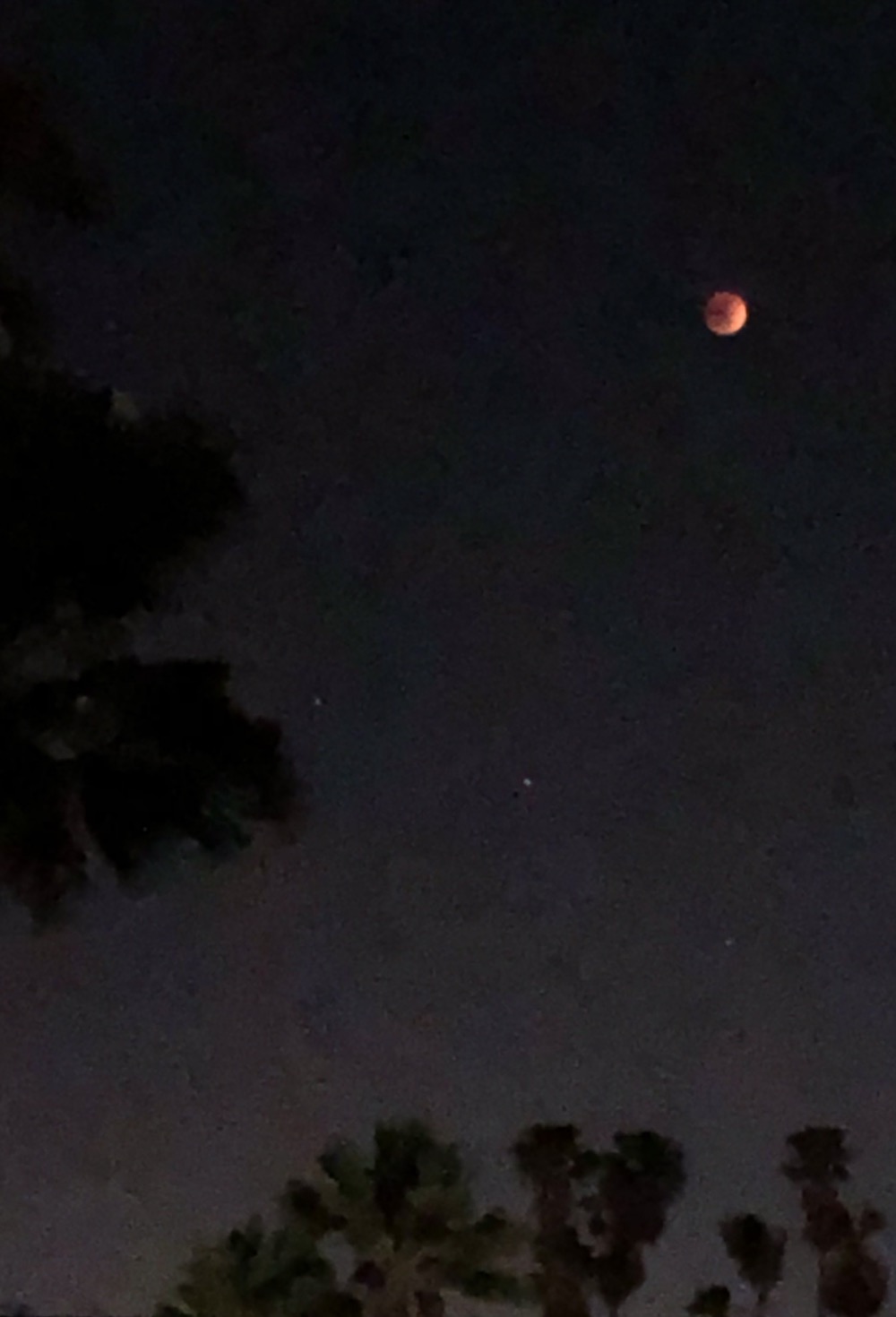
the fifth fitness
Sunday night the sky was different. The moon was full and then it wasn’t. It got smaller and smaller, right before our eyes. Yours, mine, and everyone else’s – in that moment, everyone on the planet (who could see and chose to look) shared the experience. Our planet moved into the path of the sun’s…
-
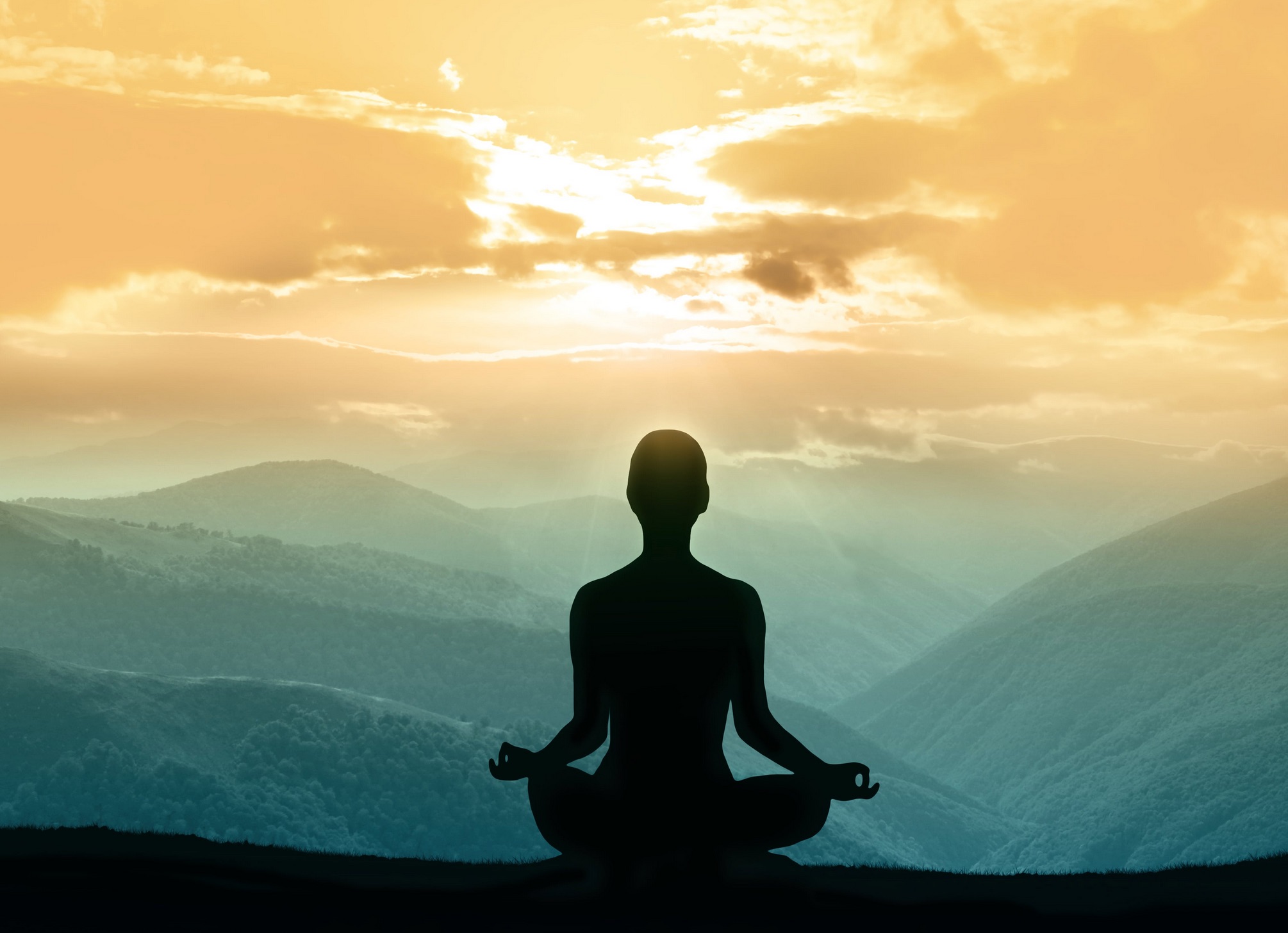
to scratch or not to scratch
I begin Open-Source Learning Academy meetings with mindfulness. I started the practice when I taught in the classroom, and I’ve used it online ever since. At the beginning of each new term, learners explore research about how mindfulness can support comprehension, concentration, and memory. Then we experiment. I set a timer for 60 seconds. We…
-
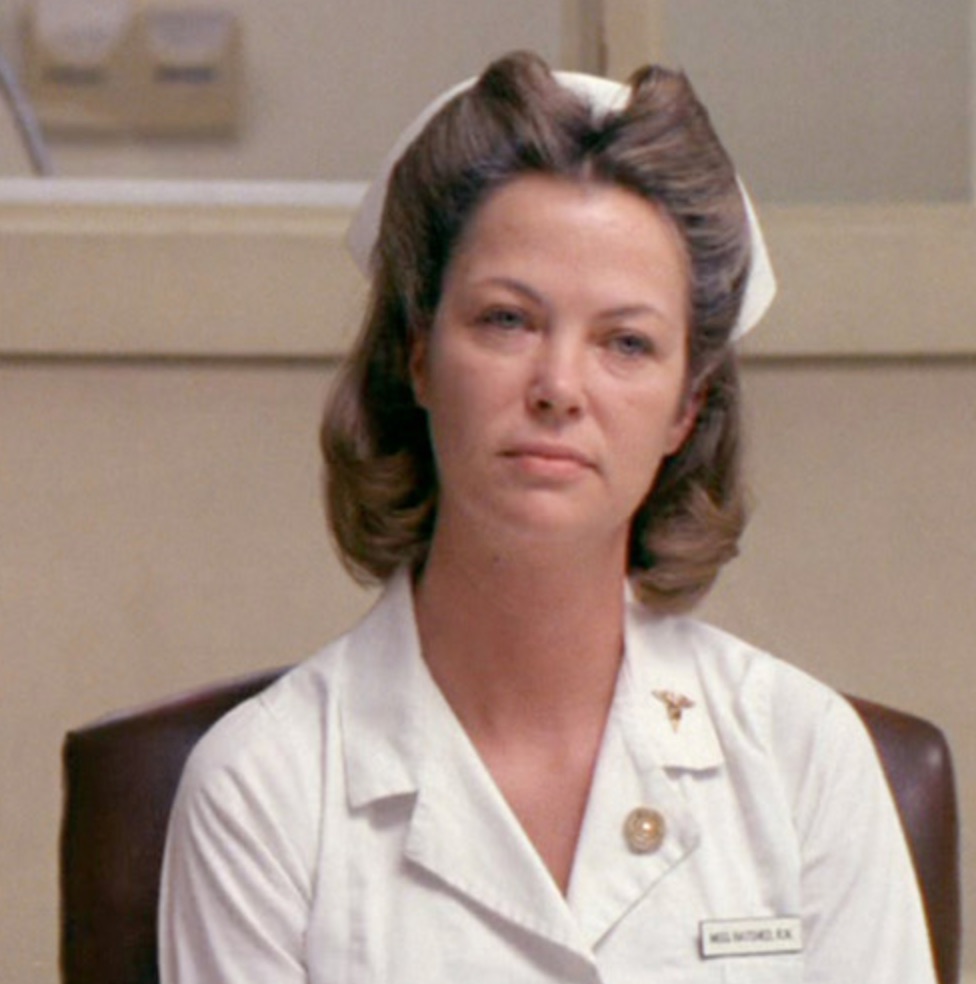
Make me
Teachers teach what they teach the way they teach because that’s how they’re trained. Teachers are hired to fulfill a specific job description, and they’re routinely threatened with dismissal and abuse if they deviate from the script. So why do parents and politicians so often complain and attempt to change what teachers do and say?…